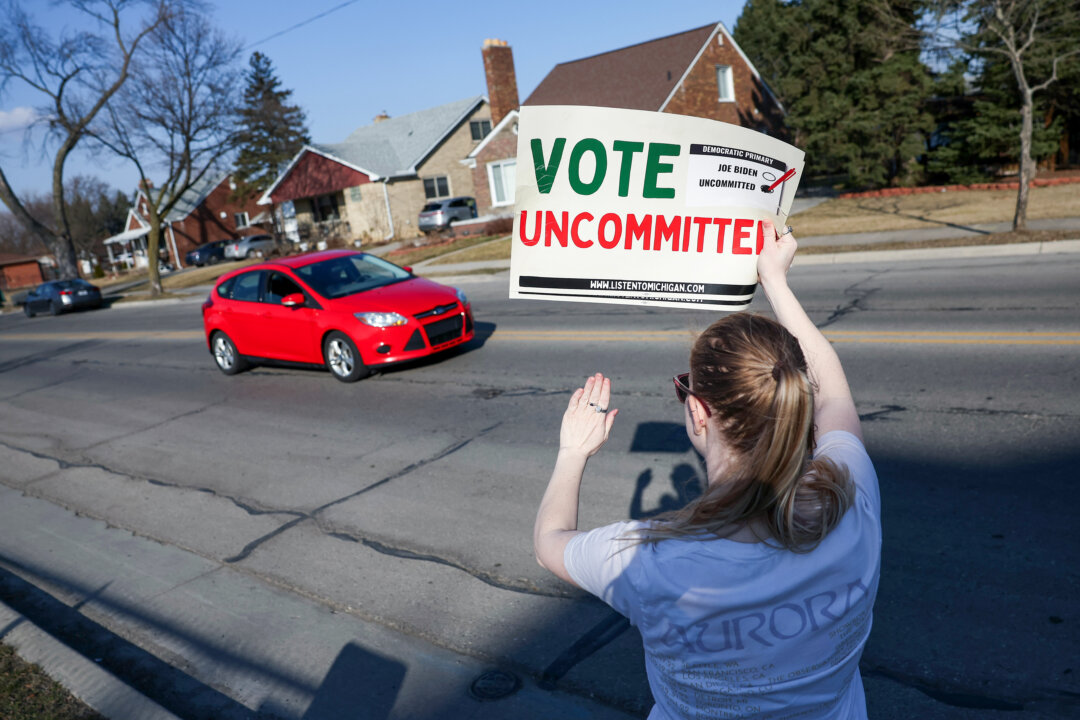
By Kim Ji-soo This summer travel season, numerous repeat visits figured prominently in Korean tourism news narrative. One Korean travel agency, Hana Tour, which in August surveyed which destinations Koreans favored for a second or third visit, found through its review of 2,000 reply posts indicated that 28 percent favored Japan, 11 percent Vietnam, 7 percent Thailand and 7 percent France. The weak Japanese yen, hovering around 800 to 950 yen to the Korean won during the summer months, made Japan an attractive destination for many young Koreans.
The allure of such an affordable trip so close by increased the number of Korean travelers to Japan even in August amid reports of earthquakes and typhoons. On the popular Korean platform Naver, daily uploads by Korean travelers of shopping lists or attractions visited on their third or fourth trips engaged viewers just as if they were there. This writer went on a repeat visit to Japan in August, after one the month before.

I justified it as the city holds a special place of sorts. Having attended a summer school in college there as a beneficiary of a scholarship for students from Asia, Tokyo is where I met some of my lifelong friends. Traveling alone, usually on Korean budget airlines and staying at Japanese business hotels for three days, there was nothing demanding or dangerous about the trip.
One could easily book and pay online, and services were safe. Be forewarned, however, when you book online trips that do not have a designated trip manager's name, be sure to read all the fine print regarding cancellations in case of missing a flight or no-shows. It can be very difficult to speak with an actual person to help you should an issue arise.
Visiting the same city of Tokyo twice in two months, it was indeed a bit different how the same place looked different. You notice more than just the shops, restaurants and attractions. You get to see its people — the quiet, orderly and "it cannot be helped" calmness even amid the concrete-melting heat of Tokyo.
You get to feel the prowess of the labyrinth-like connectivity of its subways and trains, the manufacturing prowess even as you feel the fluctuating yen biting into your tourist budget. But as many Koreans throng the streets, one cannot help but feel that no matter how the bilateral relationship suffers, person-to-person exchanges are blossoming like never before. The question, however, about the state of the relationship between the two countries, as the two will be marking the 60th year of normalization of ties in 2025, is another matter.
Over the past few years, ties have improved. It was invariably helped by the trilateral summit between U.S.
President Joe Biden, President Yoon and the Japanese Prime Minister Fumio Kishida, which was held in Washington in 2023, prompted by the need to counter China’s surging power as well as rein in North Korea. The soon-to-be outgoing Japanese Prime Minister Kishida visited South Korea, meeting with President Yoon Suk Yeol early this month, agreeing to focus on strategies to ensure the sustainable advancement of bilateral relations. The two also agreed, among other things, to streamline the pre-entry visa screening process to facilitate easier travel between the two countries.
Tokyo also provided Seoul with a partial list of Korean workers who were aboard the Ukishima Maru naval transport vessel that sank off Kyushu Prefecture in 1945 while repatriating Koreans from Japan. Nevertheless, the sense is that Japan has not reciprocated with appropriate measures to President Yoon's bold moves to improve relations, including concessions on sensitive issues such as the forced labor of Korean workers during World War II. Both countries have come a long way, long enough to bolster the courage to be sincere in addressing historical issues.
The writer is a member of the editorial board..














